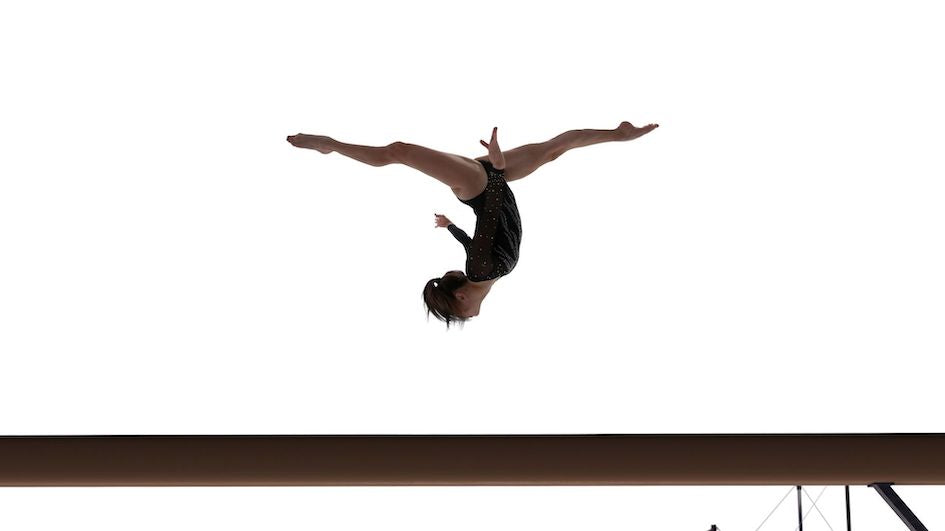
13 TOOLS ELITE ATHLETES USE TO ENHANCE THEIR FLEXIBILITY
Flexibility is vital for athletes of all levels, but it's especially important for elite-level athletes who train rigorously and often suffer from injuries as a result. Athletes are always looking for a competitive edge. The slightest improvement makes a difference for them. In order to achieve their goal and enhance their recovery, many elite athletes have turned towards tools and supplements that will enhance their flexibility.
Here is a list of 13 tools and supplements used by elite athletes in 2021.
-
Acupuncture: This traditional Chinese medical practice involves inserting thin needles into specific points on your body that stimulate energy flow or trigger other bodily responses such as reducing nausea or increasing circulation. A recent study showed acupuncture significantly reduced arthritis pain compared with a placebo treatment over 12 weeks. Athletes notice a faster recovery post-treatment and reduced stiffness in their joints.
-
Foam roller: A foam roller can be an effective tool for maintaining joint elasticity. The compression that occurs when you use a foam roller on your muscles and joints help to improve the elasticity in these areas by increasing blood flow and breaking down adhesions—caused by repetitive motions—within muscle tissue.
- Cryotherapy: This form of health care delivers rapid cold exposure to various body parts through different methods, such as ice packs or an iced wand. It can reduce inflammation and pain in the muscles and joints while also increasing blood circulation. Cryotherapy chambers are large, enclosed containers that expose the whole body to extremely cold temperatures—usually around -110°C to -160°C—in ice-cold liquid nitrogen gas for two to three minutes. The aim is to help reduce inflammation, speed up recovery and improve sleep quality.
-
Hydrolysed collagen powder: Collagen is the most abundant protein found in your body and a vital component to maintaining healthy skin, bones, joints and muscles. When you can't get enough from your diet alone, supplementing with hydrolysed collagen powder will fill any gaps. In addition, it helps to quickly repair and strengthen connective tissue, which reduces the risk of injuries and adherences.
-
Massage: Athletes can use massage on their body or work with a physical therapist to treat injuries. A recent study found that massage therapy significantly increased joint mobility compared with no treatment over 12 weeks.
-
MSM supplement: MSM is a great joint health supplement. It provides the body with sulfur needed to maintain joints elasticity and flexibility. MSM also increases collagen production for healthy bones, nails and skin. Athletes also use MSM creams applied topically to relieve pain in the joints, muscles and connective tissue. A recent study showed it significantly reduced arthritis pain when compared with a placebo treatment over 12 weeks.
-
Glucosamine supplement: Glucosamine has been studied extensively by orthopaedic surgeons as a way to relieve chronic inflammation. Studies have shown that this supplement increases collagen production and reduces inflammation, allowing for a better range of motion.
-
Cannabidiol (CBD): CBD is a natural supplement that comes with many health benefits. It can be used to reduce pain and inflammation in the joints improving their mobility. It is also known to enhance the quality of sleep. As a result, more and more athletes include it in their training routine, often in topical oil or drops.
-
Bromelain: This supplement is derived from pineapple. The protein-digesting enzyme helps break down proteins in your body, such as those which form inflammatory substances. Bromelain has been shown to reduce inflammation and relieve pain associated with arthritis.
-
Magnesium supplements: Magnesium is a mineral found in foods such as leafy greens, almonds and legumes. It helps to relax muscles by lowering the levels of calcium within them. Supplementing with them has been shown to improve muscle release post activity and let athletes recover faster.
-
Sauna: The heat from the sauna can help loosen muscles and joints, making them temporarily more flexible, but athletes are more interested in the circulatory benefits of saunas. It helps to open up the capillaries and increase circulation, which leads to better recovery and less stiffness.
-
Light stretch right after physical strain: When you're done with physical training, it's important to stretch the muscles used to restore them back to their natural length. A cool-down is as important as a warm-up; athletes know it too well. That's why professional athletes such as tennis players can't stay on the field for long after a match; it is crucial timing for cool down and recovery.
- Last but not least; sleep: Sleep is the king of the recovery tools—and flexibility hacks—and one of the most complex science. Often overlooked, sleep can be problematic for some people, however, athletes can't afford random sleep patterns. A lot of recovery and performance hormones (HGH, Testosterone...) are secreted during specific phases of sleep. We will cover the matter in detail in a future post but know that your diet can influence your sleep greatly. Consider stopping to eat at least 3 hours before bedtime (See TRE article).
Elite-level athletes have turned to tools and supplements to enhance their flexibility and recovery, but you don't need a fitness coach or doctor's note to get your hands on these tools; they are available to everyone and safe for all.
If you invest time in your practice, you should equally invest time in prevention and recovery. Your post-activity recovery and nutrition should be a priority.
***Find more about Flexibility Supplements as well as Science-Backed Supplements to Help Tendinopathy
***Additional content in the health part (Part 2) of the book Almost Perfect. 
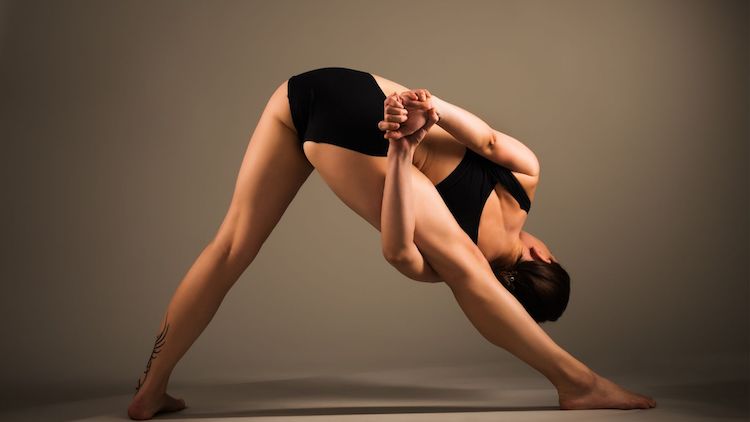

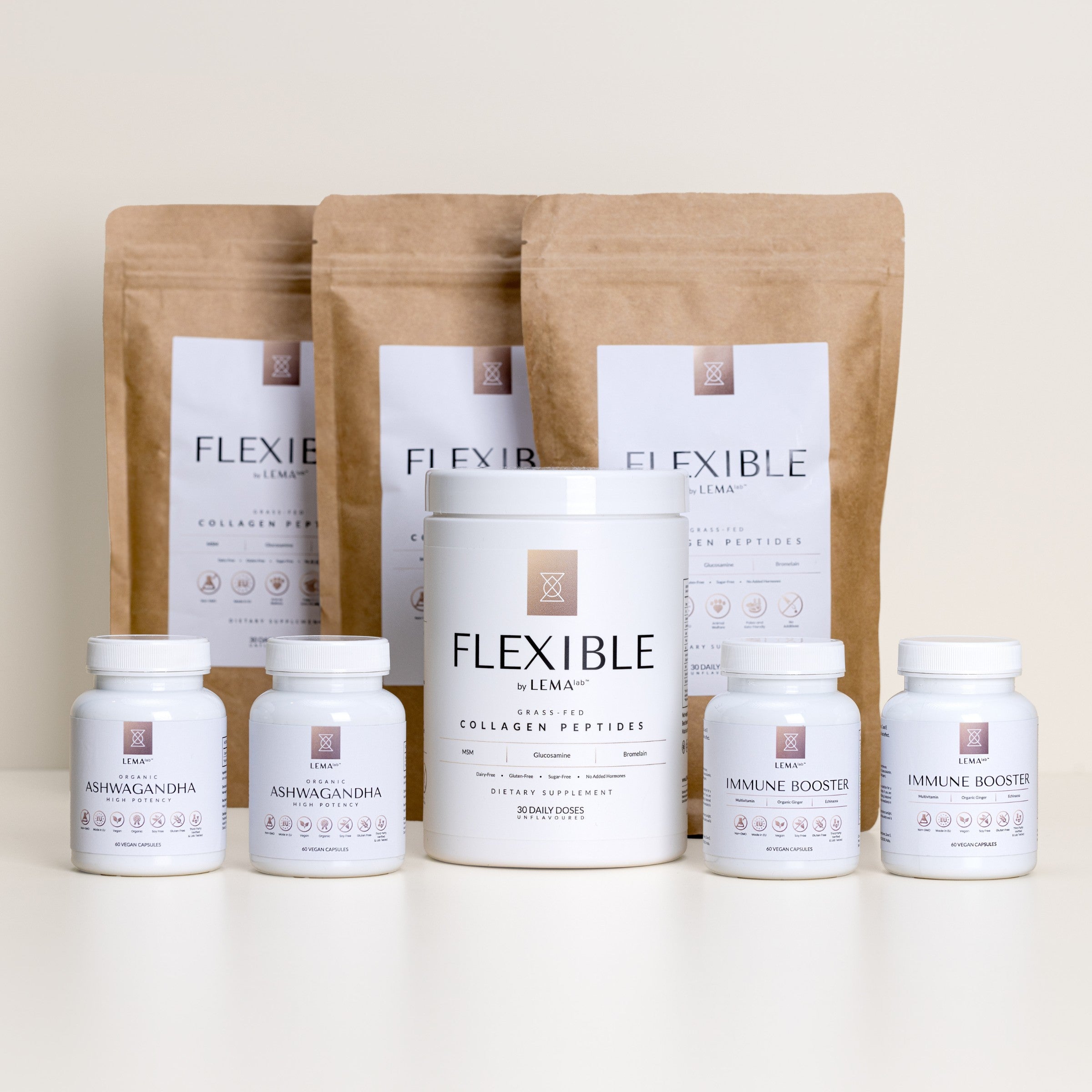
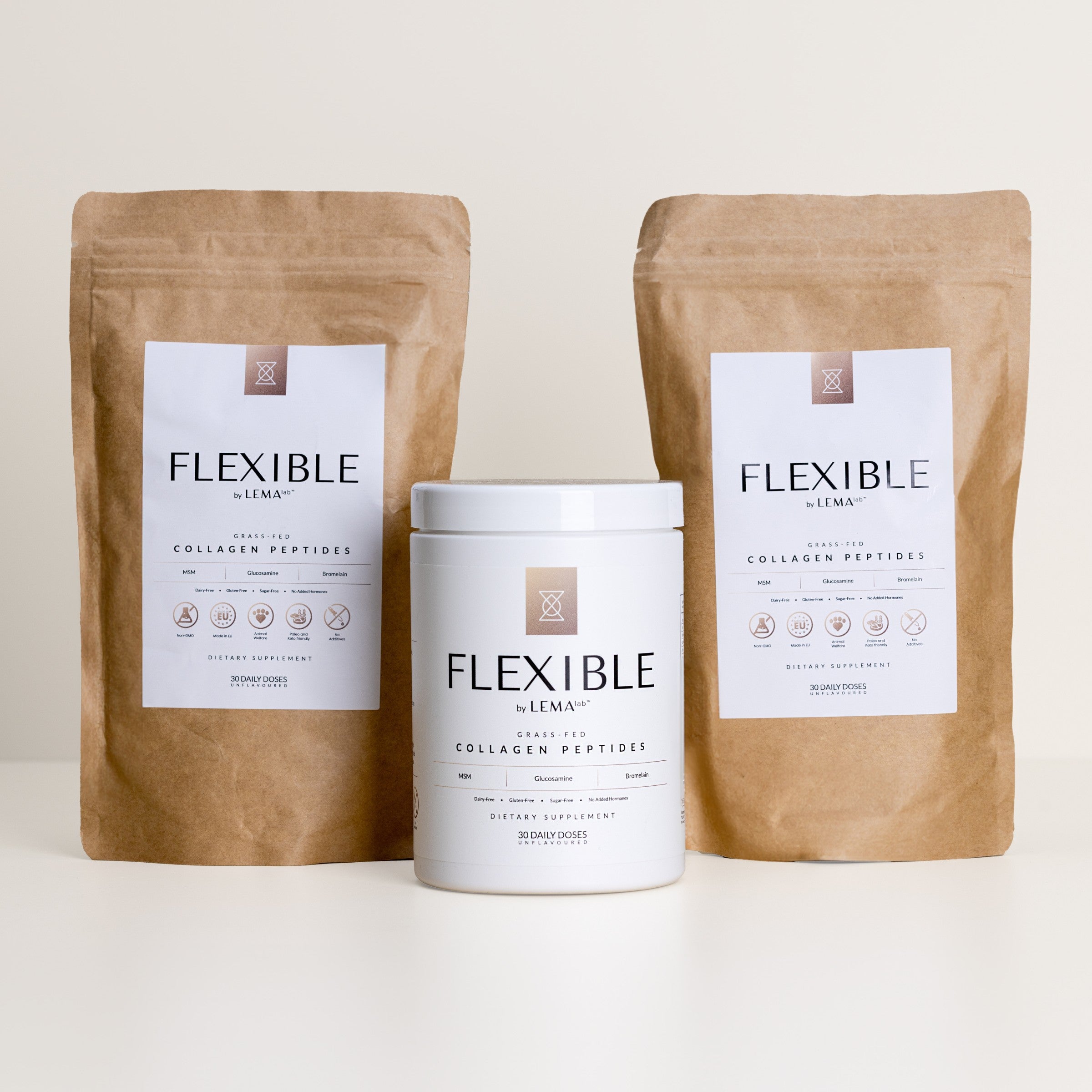

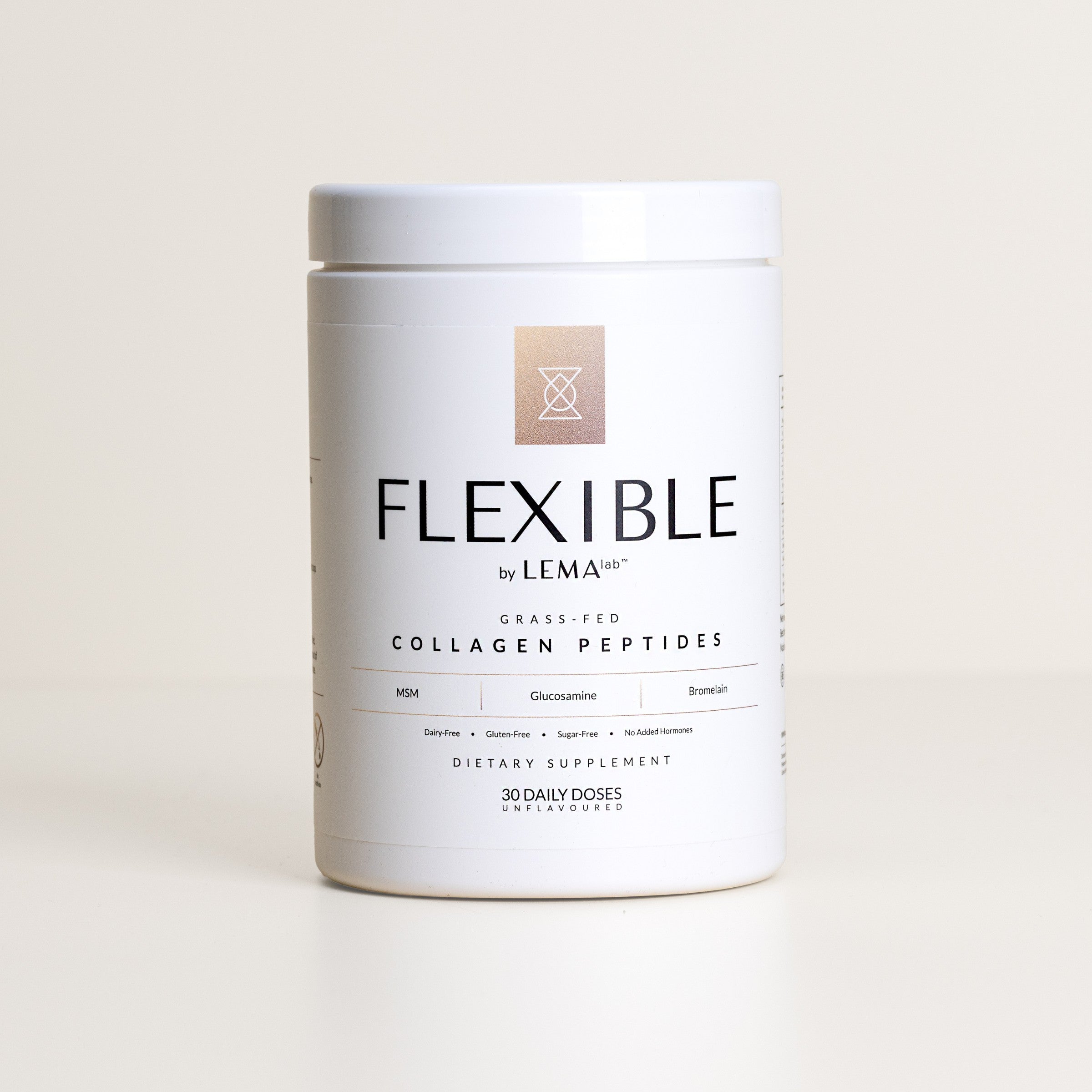
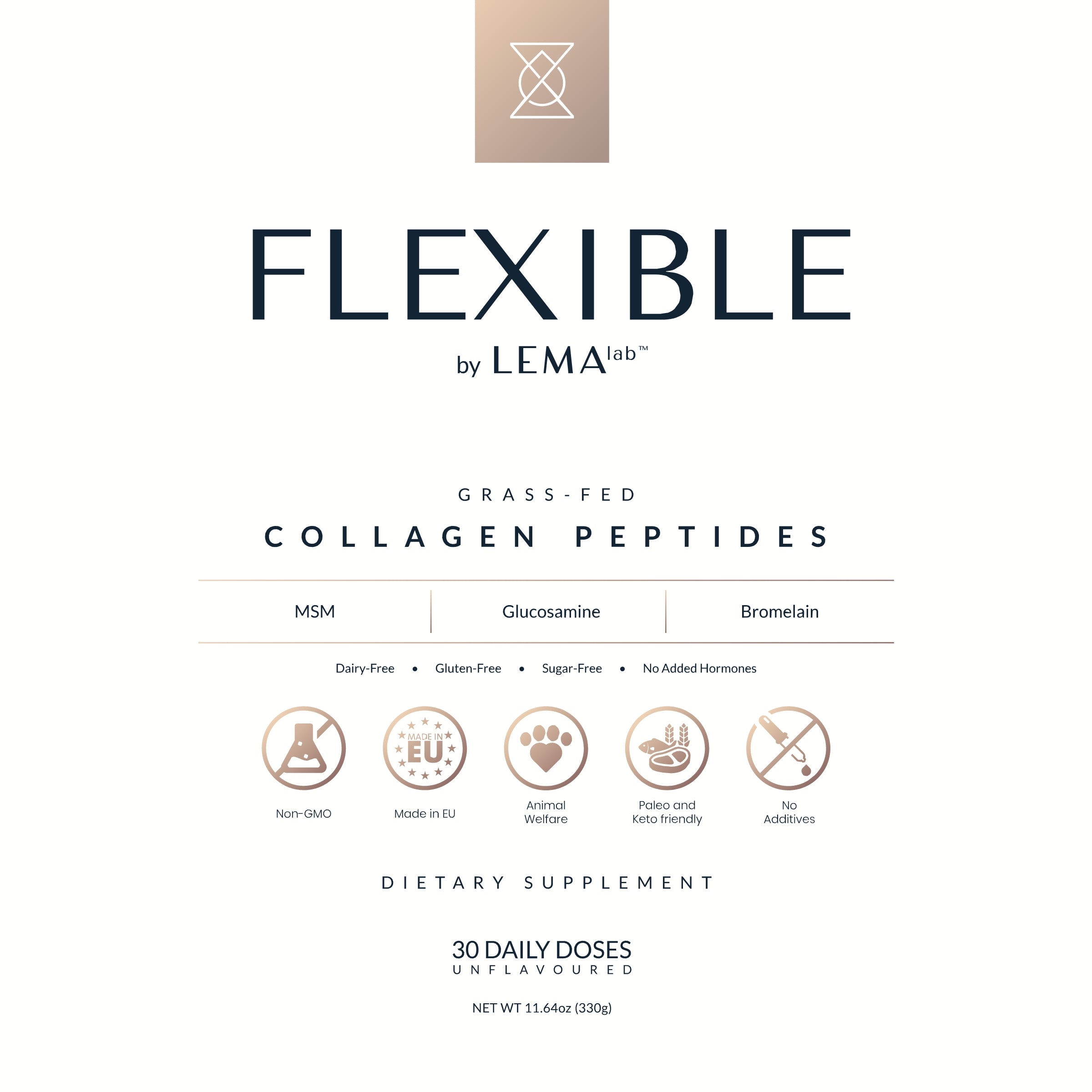
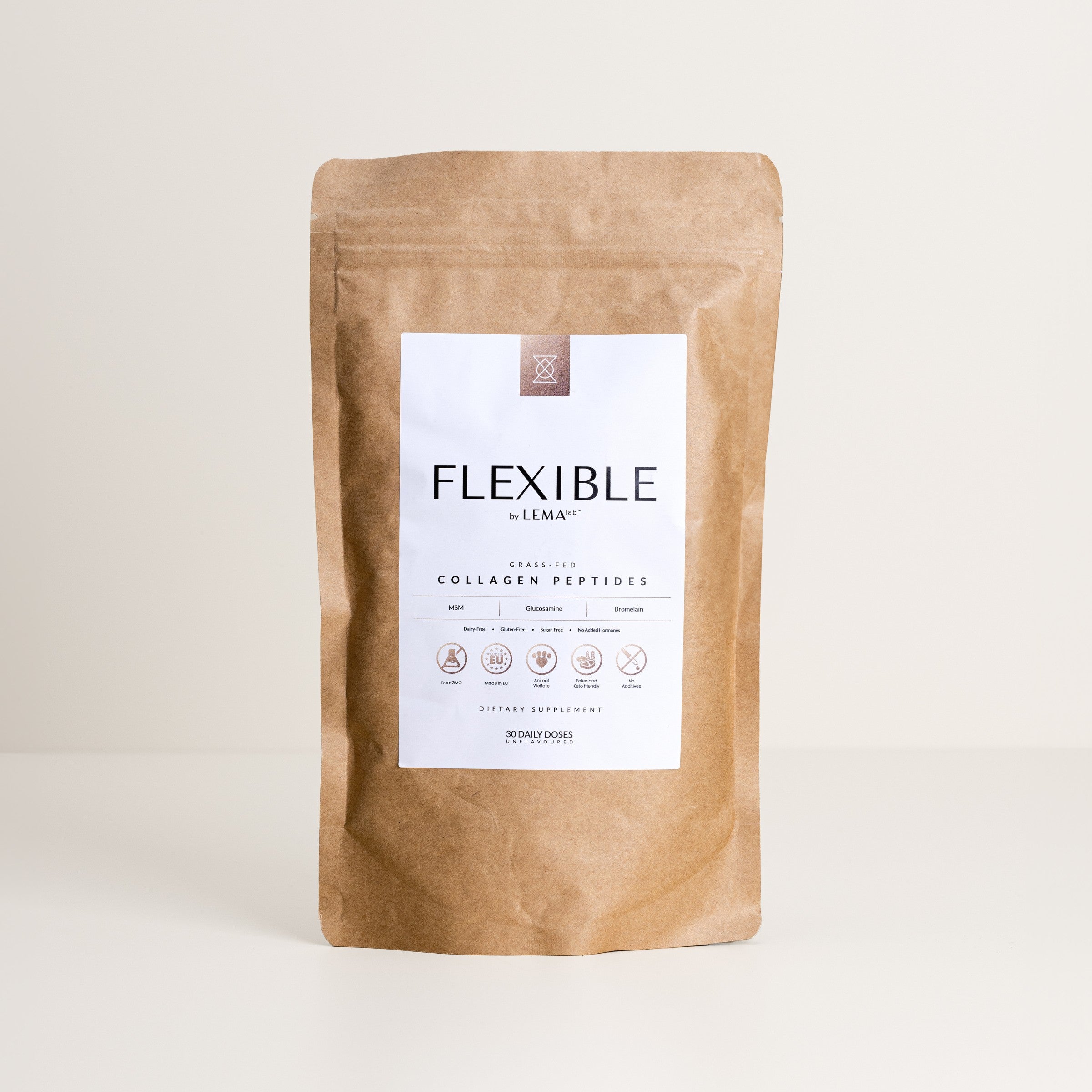
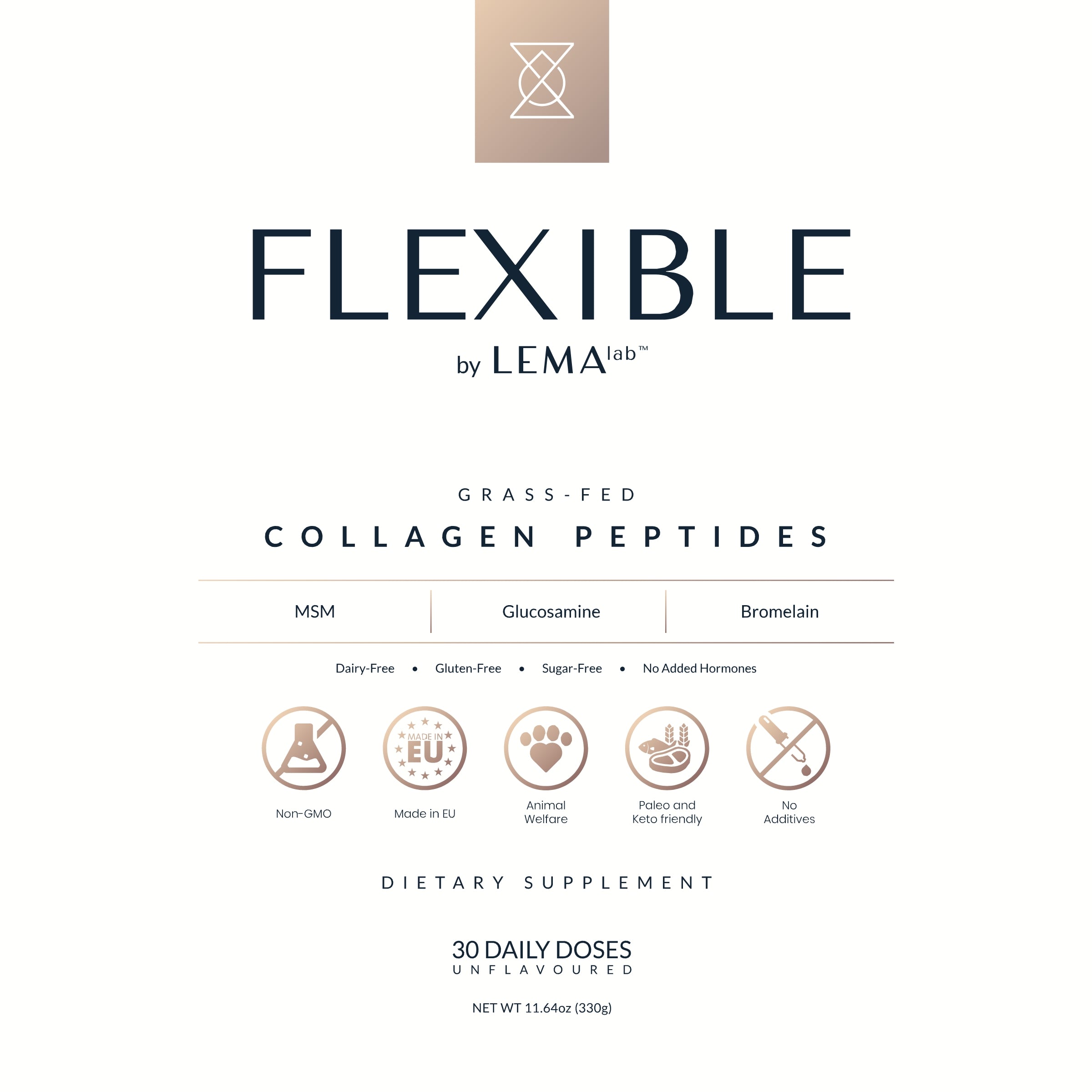
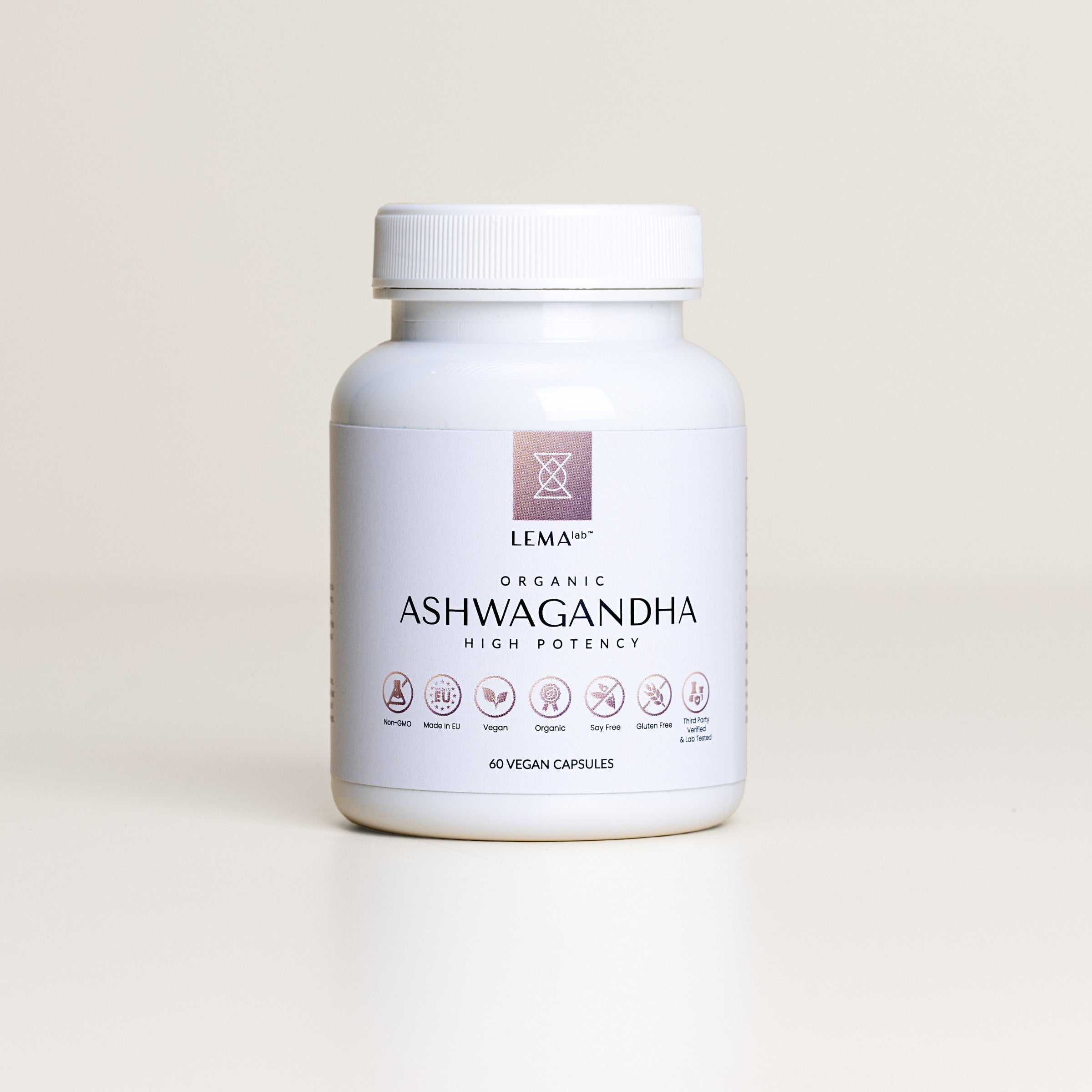
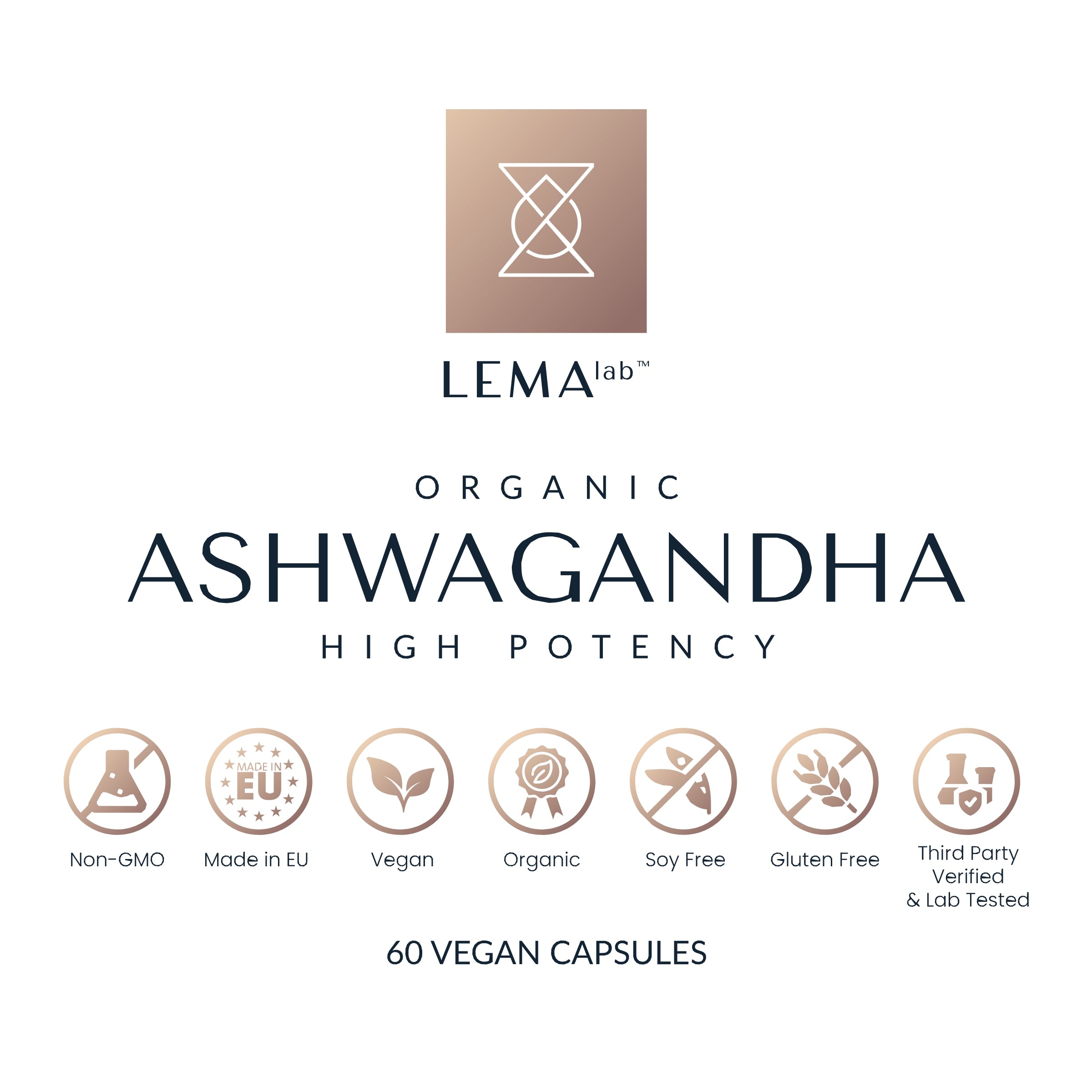
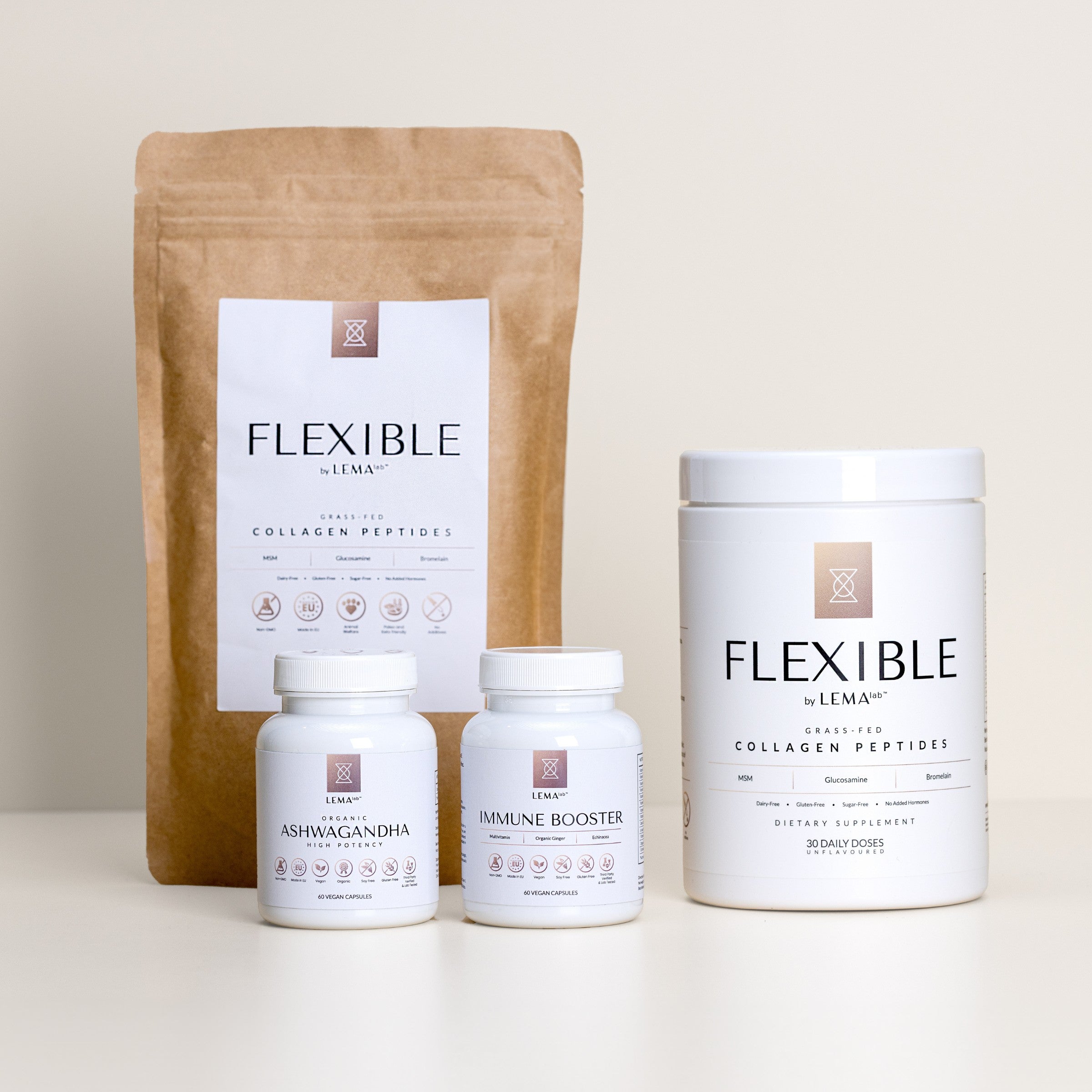
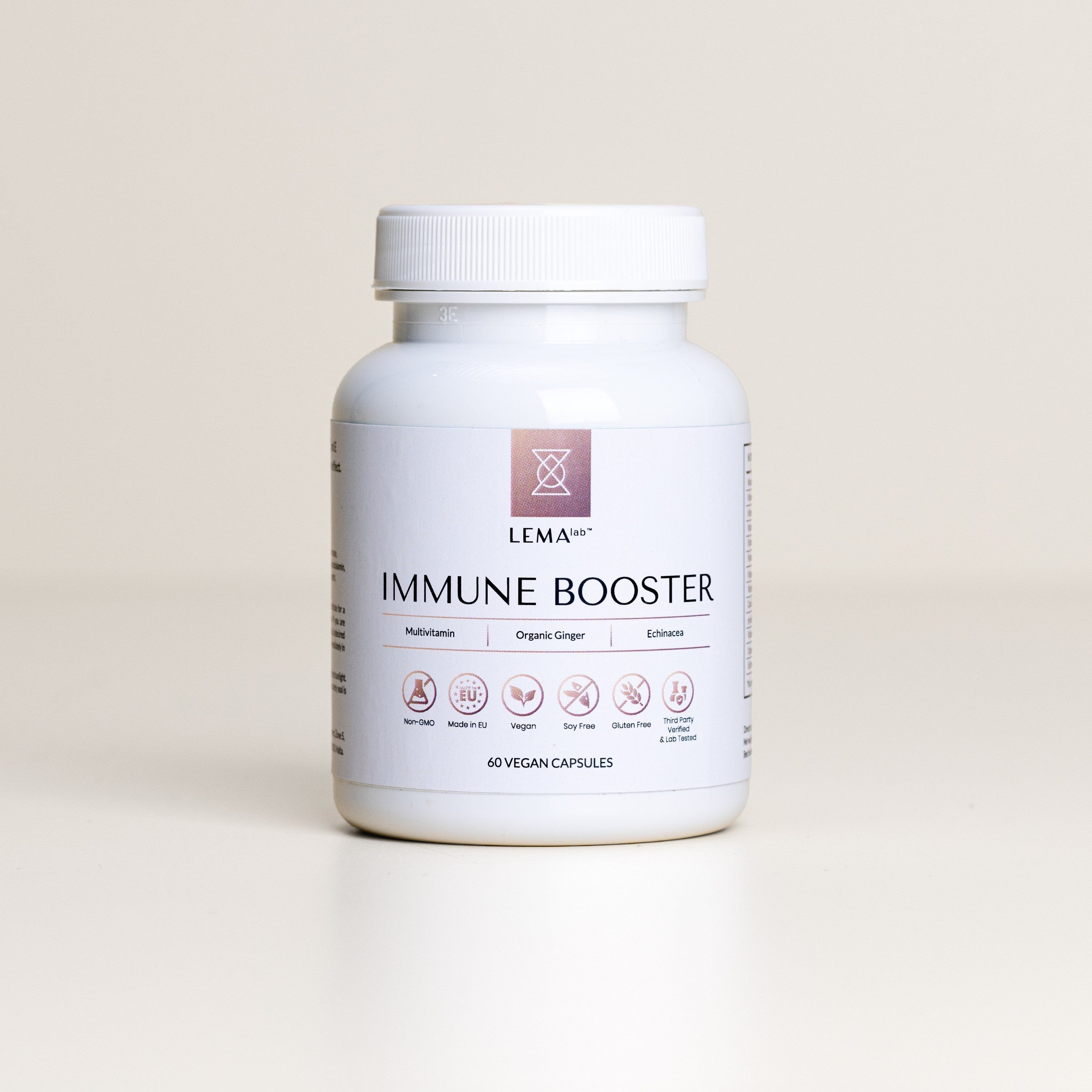
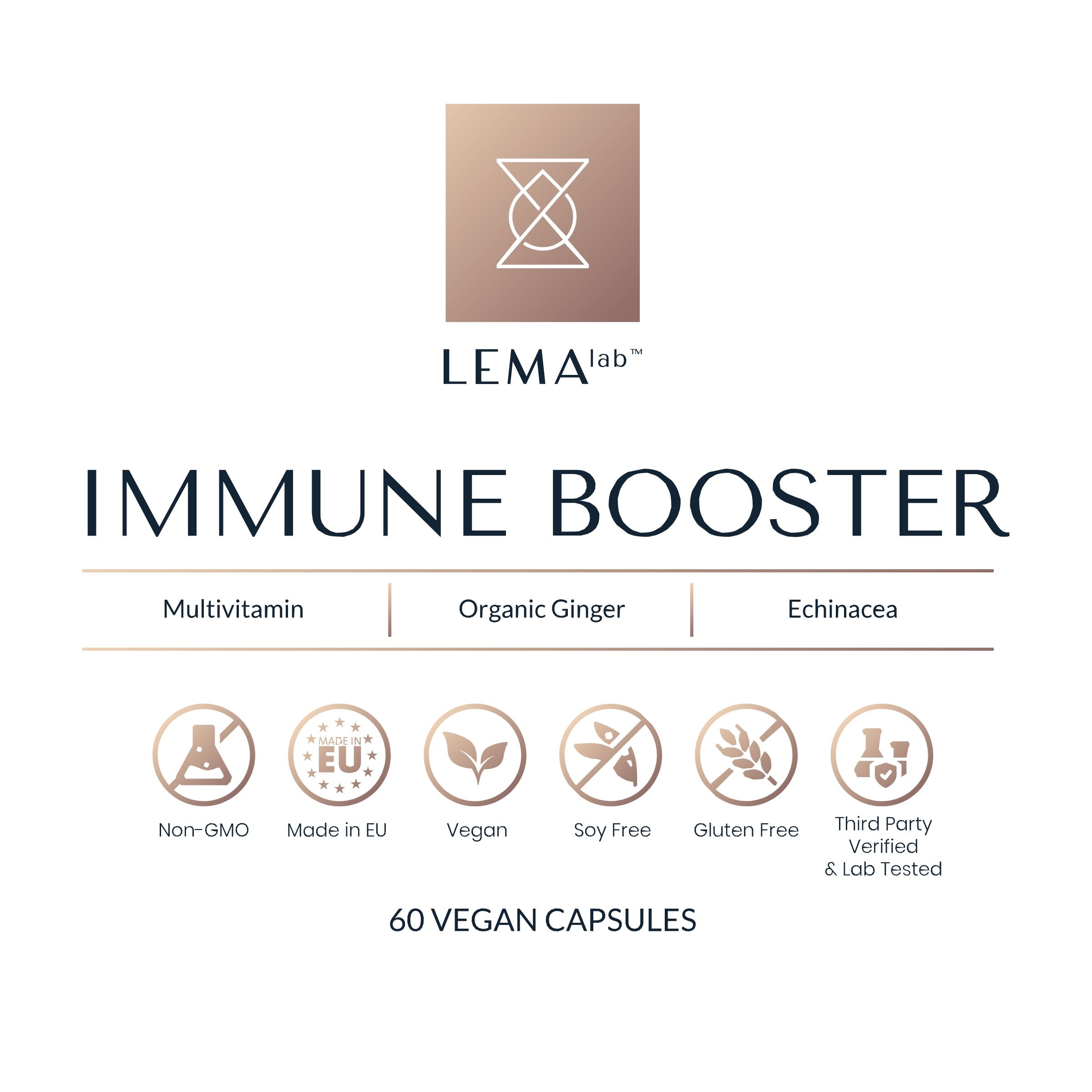
Leave a comment
This site is protected by hCaptcha and the hCaptcha Privacy Policy and Terms of Service apply.